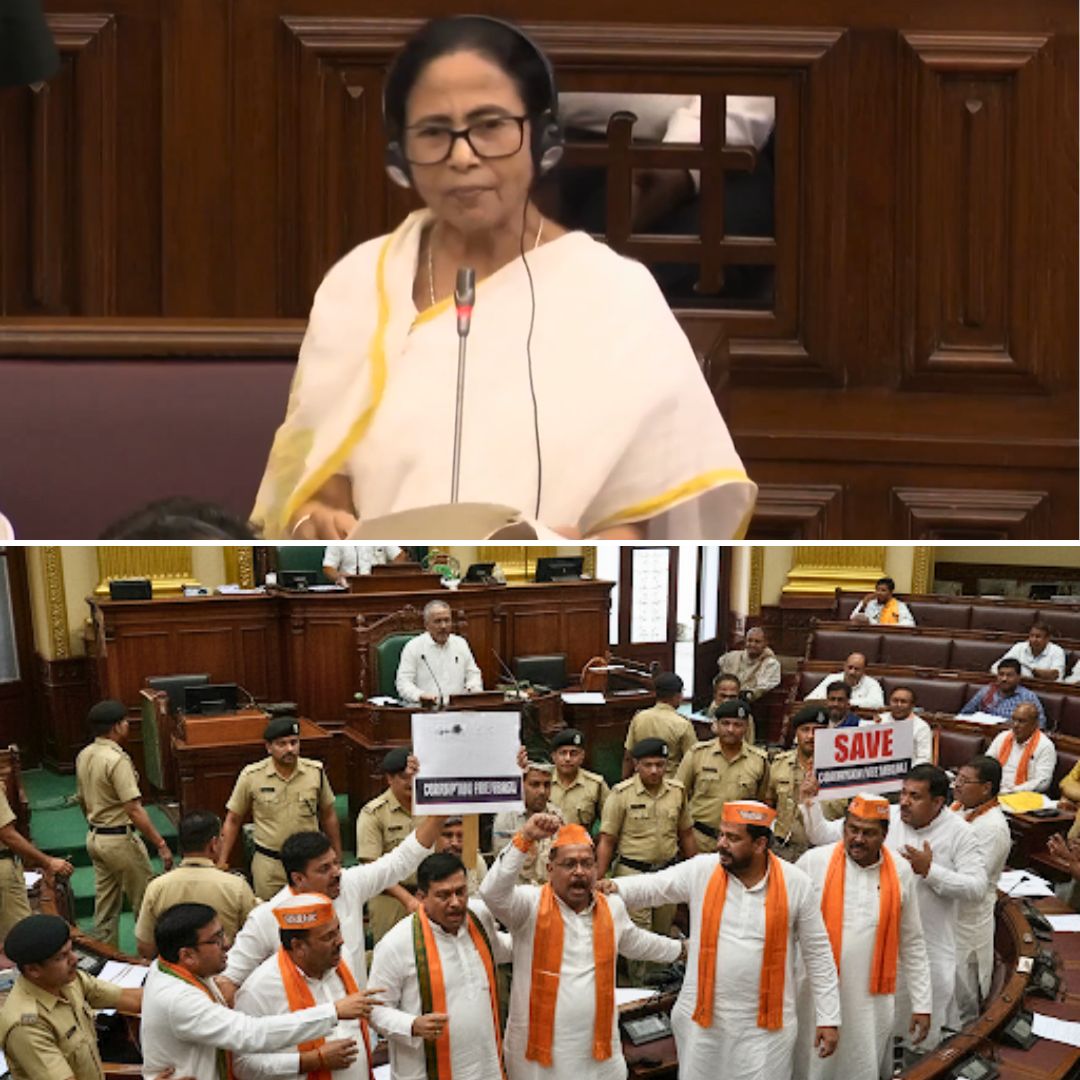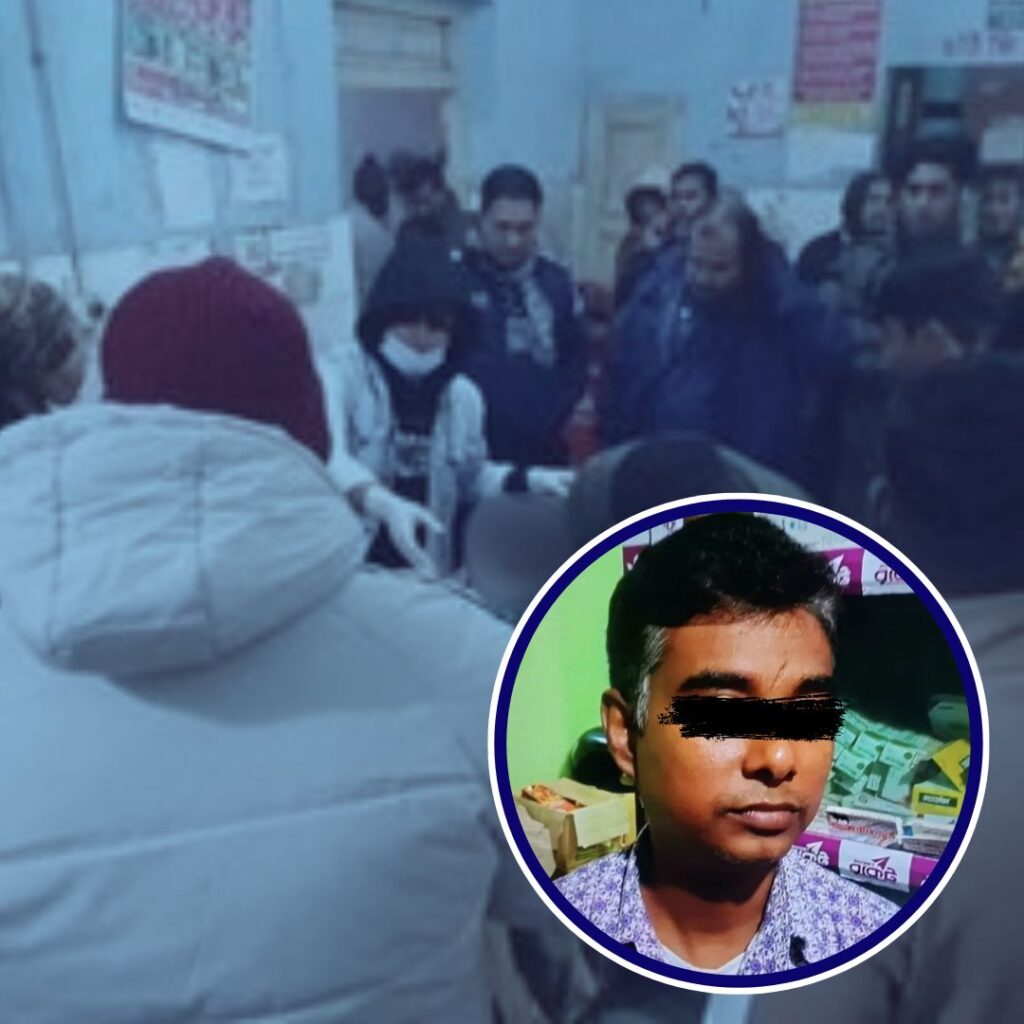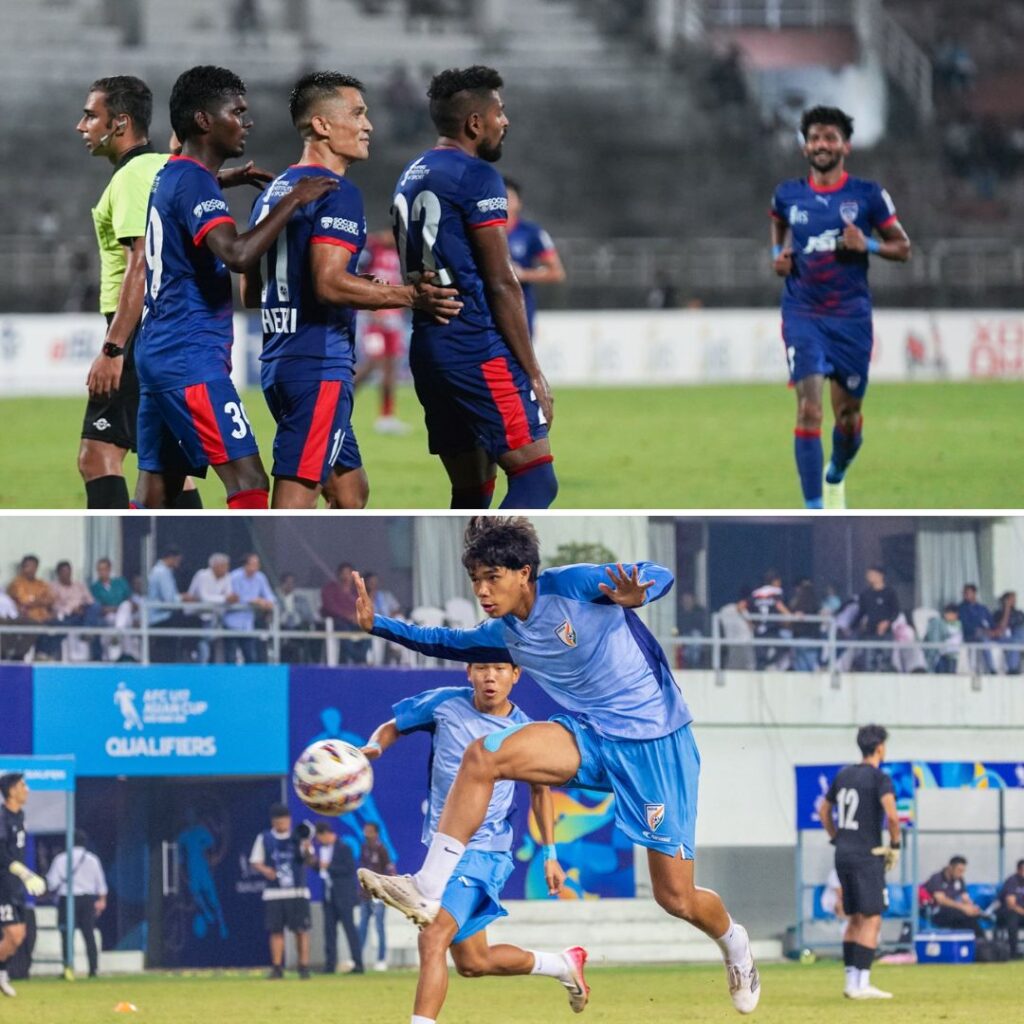The West Bengal Legislative Assembly on Thursday, September 4, was thrown into disorder after heated exchanges between the ruling Trinamool Congress (TMC) and opposition Bharatiya Janata Party (BJP). Chief Minister Mamata Banerjee openly branded the BJP as “vote chor” (vote thieves), fuelling a war of words inside the House.
BJP legislators responded with placards and slogans, stalling official proceedings. Speaker Biman Banerjee called for calm, appealing to members to uphold legislative dignity, but disruptions persisted. Both sides later accused each other of undermining democratic principles in the state.
A Stormy House Session
The day’s session began routinely but quickly turned confrontational as BJP legislators entered the House raising slogans over alleged irregularities in recent municipal polls. Several MLAs accused the TMC of rigging results and undermining democratic practices. The protests rattled the treasury benches, prompting Chief Minister Mamata Banerjee to deliver a sharp rebuttal.
Speaking amid the uproar, Banerjee said, “The BJP cannot lecture us on democracy when their own politics is based on deceit. They are the real vote chor, attempting to mislead people and destabilise Bengal.” Her statement further inflamed tempers, with opposition members storming the well of the House and shouting slogans that drowned out subsequent speeches.
Speaker Biman Banerjee intervened multiple times, warning members on both sides to respect the sanctity of the Assembly. “This is not a battlefield; this is a platform for constructive debate. If members refuse to cooperate, the House cannot function,” he said before adjourning the session temporarily.
Political Fault Lines Run Deep
Thursday’s incident comes in the backdrop of growing animosity between TMC and BJP, the two dominant political rivals in West Bengal. The BJP, which emerged as the main opposition after the 2021 Assembly elections, has repeatedly charged the TMC with widespread corruption, violence, and manipulation of grassroots polls. In contrast, the TMC frames these allegations as part of the BJP’s efforts to expand its footprint in the state by tarnishing its governing record.
The Assembly clash is not the first of its kind. Similar standoffs have become common in recent years, reflecting the increasingly confrontational nature of Bengal’s politics. Political analysts note that such disruptions not only erode legislative productivity but also reinforce public cynicism towards elected representatives. Last month too, BJP MLAs staged a walkout accusing the TMC of shielding ministers linked to financial scandals.
For the ruling party, Thursday’s uproar was an opportunity to showcase its combative stance under Mamata Banerjee’s leadership. For the BJP, it became a platform to amplify grievances about election transparency and governance. In essence, the episode illustrated the deeply entrenched distrust that defines the state’s political landscape.
The Logical Indian’s Perspective
The sight of chaos inside legislative assemblies is increasingly common across India, but it comes at a heavy cost. At a time when millions of citizens face challenges related to jobs, healthcare, education, and livelihoods, elected leaders are expected to address people’s concerns rather than indulge in partisan combat.
While differences of opinion are vital in a democracy, the manner of expressing them matters. Anger, heckling, and disruption weaken the purpose of debate, leaving common citizens disillusioned. Both ruling and opposition parties in West Bengal-and across India-must commit to greater accountability, civility, and dialogue. Democracy thrives when disagreements are channelled into meaningful exchange, not noise and disruption.












